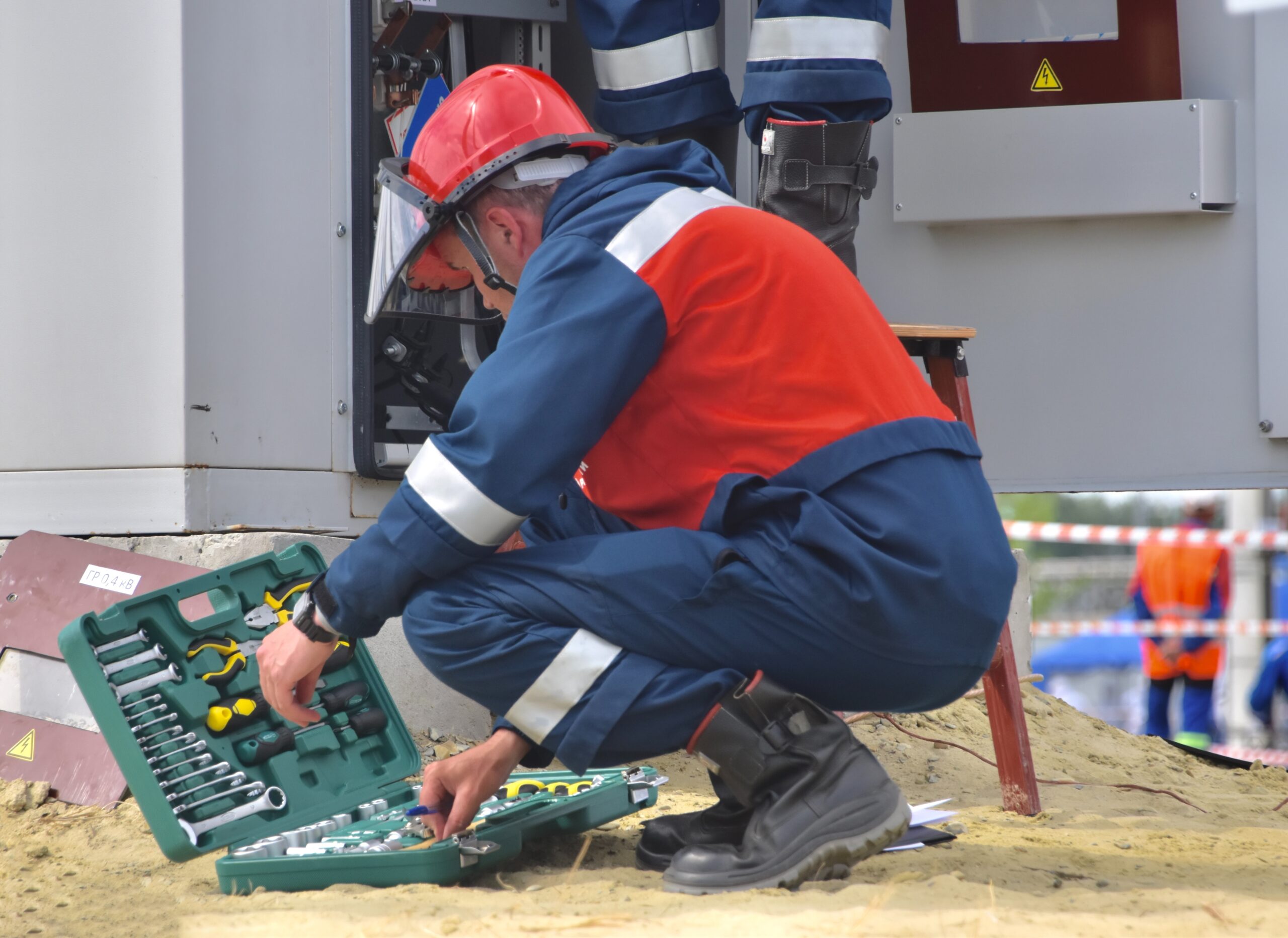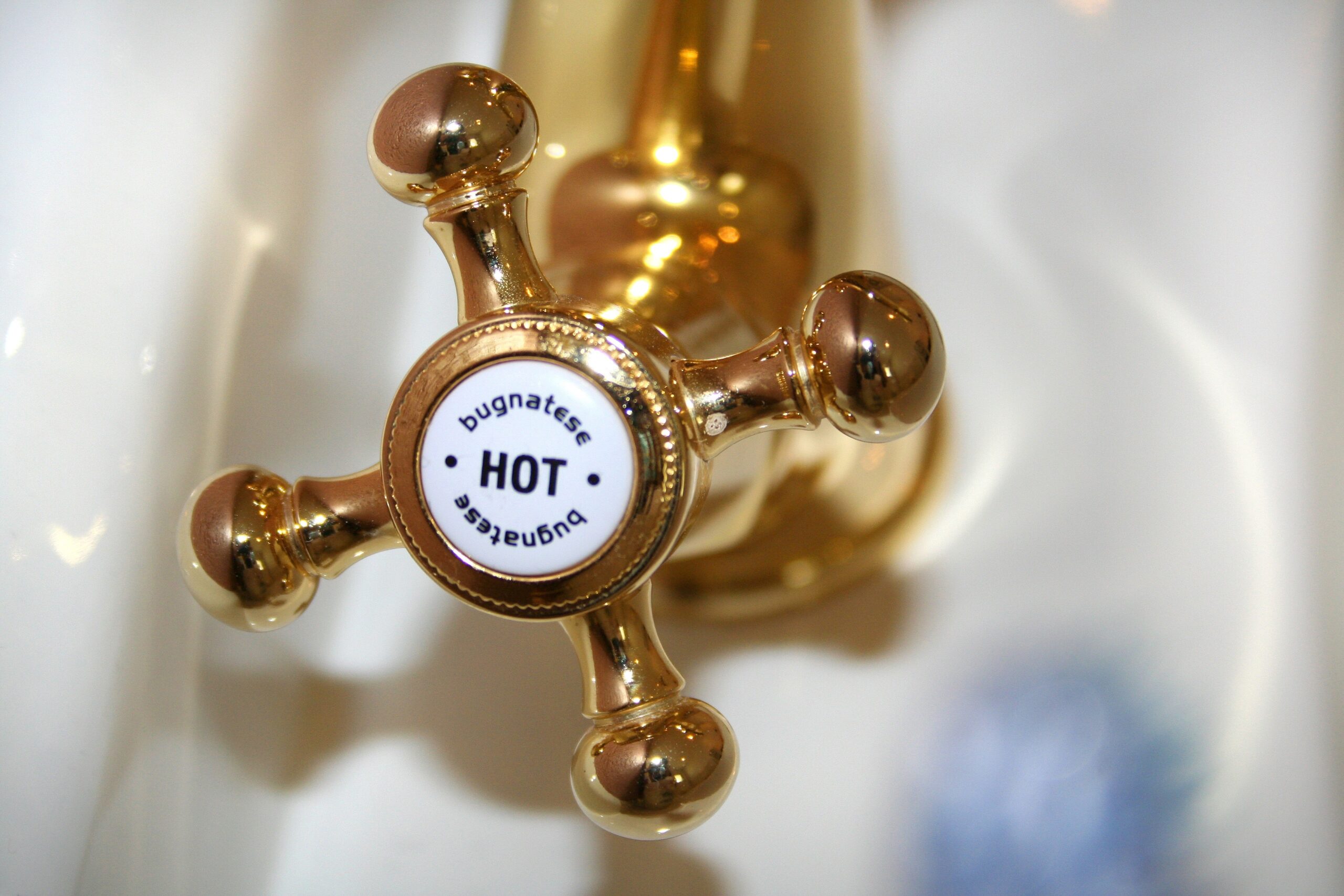If you’re concerned about your boiler and future issues you may have to face, then you have come to the right place. Here at Kiasu Workforce, we want to help our customers with regular and efficient maintenance that keeps repair costs down and eliminates your worries.
But why is boiler maintenance important for your business, and why should you care?
Why is Boiler Maintenance Important?
Boilers are an integral part of every property, whether it’s a residential home or a commercial business, they’re crucial in the day-to-day running of a building. They create heating, power and electricity, depending on the type of boiler you decide to have installed. They keep our radiators warm and our water running hot exactly when needed.
From time to time, boilers can become costly. If you have ever had to call out a specialist for a boiler-related emergency, you will know why. This is where we recommend that you keep on top of your boiler maintenance to keep the pennies in your pocket and avoid any future accidents.
5 Boiler Maintenance Tips
If boilers aren’t looked after properly, they can become faulty and unfortunately, in the worst-case scenario, a faulty boiler can even be fatal. This is why keeping on top of regular maintenance can prevent costly fixes and emergency repairs that might have been avoidable.
To help you, we put together our top five boiler maintenance tips that we recommend that you follow to keep your boiler running efficiently and thus, your business running efficiently.
#1 Maintain Regular Boiler Servicing
Every boiler should, at the very minimum, have a service yearly, according to British Gas. This service should be carried out by a trained professional who can ensure that it’s working correctly.
A Gas Safe engineer will be able to fully assess your boiler’s current condition. From this, they can make any adjustments that can make it run more efficiently. They will also note any cause for concern and ensure that you receive the correct solutions.
Boiler servicing is one of the fundamental parts of boiler maintenance. As they see a lot more use in the colder months of the year, they need to be in the best condition possible.
#2 Prevent Pipes Freezing
Frozen pipes can be a big danger to boilers as they can block the system, allowing pressure to be built up within the boiler.
When the weather is cold, ensure that you have the heating on for at least a couple of hours a day just so the pipes are kept to a temperature that won’t allow for freezing to occur. Even in the warmer months when we don’t tend to use the heating as much, it’s a good idea to do this to ensure everything is running smoothly.
#3 Leak Awareness
A leaking boiler is more common than you would think, so it’s important to be regularly checked for any signs of leakage as they will be cheaper to fix the earlier they are spotted.
Leaks are dangerous as they can cause rust in the system and also electrical faults, so they must be dealt with as soon as they are spotted. Check the cupboard where your boiler lives every so often to ensure there are no signs of a leak.
#4 Check Ventilation Regularly
Like anything else, your boiler needs room to breathe so it can work properly.
Ensure that your boiler is free of any clutter that may surround it, as it needs the space to do its job well. If it is in a cupboard that is also used for storage, ensure that other items are well out of the way so that they do not cause any ventilation issues that could lead to further boiler damage.
#5 Bleed Your Radiators
Although not directly boiler-related, your radiators not heating up is a sign of possible boiler damage. To ensure you don’t jump the gun in this situation, it is best to bleed your radiators every once in a while.
Bleeding your radiators gets rid of any condensed air that can sometimes get trapped and will often result in the pressure gage in your boiler reducing. You can read more details about boiler pressure in your boiler manual.
Find out how to bleed your radiators in our handy guide.
Is It a Legal Requirement to Service your Boiler?
For homeowners, regular annual services of your boiler are not legally required. However, they are usually a requirement put in place by your insurance provider. Failing to maintain regular maintenance checks and services could mean your insurance policy is invalidated.
For landlords, regular boiler services are a legal requirement.
Further Boiler Help & Advice
Ensure you are up to date with annual boiler services with the help of our expert and experienced team at Kiasu Workforce. Our certified Gas Safe engineers can help you with expert advice and guidance following your annual boiler service, including offering information on any relevant or needed next steps.
Find out more about the boiler services we can offer in London today, and contact our teamfor further help and advice.
Alternatively, why not discover how we can assist you with boiler installation, repair and replacement work?
Frequently Asked Questions
How Do I Maintain My Boiler?
Regular maintenance tasks involve monitoring pressure levels, inspecting for leaks or signs of damage, bleeding radiators, cleaning, replacing filters and annual servicing by a qualified heating engineer.
These simple yet effective tasks help to ensure optimal performance and longevity of your boiler. If you do not fancy carrying out these tasks, hiring a M&E contractor is recommended as they will upkeep and improve system performance, extending its lifespan and lowering the risk of breakdowns.
Why Boiler Maintenance is Important?
Boiler maintenance is crucial for prolonging the lifespan of the boiler; it helps prevent unexpected breakdowns and maintains safety by identifying and addressing potential hazards. Poorly maintained boilers can have serious consequences such as gas leaks or carbon monoxide emissions making your boiler dangerous and inciting emergencies. It is recommended that you hire a M&E contractor to inspect, identify and solve any issues that your boiler may have regularly.
How Often Should Boiler Maintenance Be Done?
Ideally boiler maintenance should be conducted annually by a qualified engineer. They should thoroughly inspect, clean and service the system. The planned maintenance programme should involve regular checks and tasks throughout the year to monitor performance and address any minor issues. This strategy will maximise the efficiency and reliability of your boiler.




